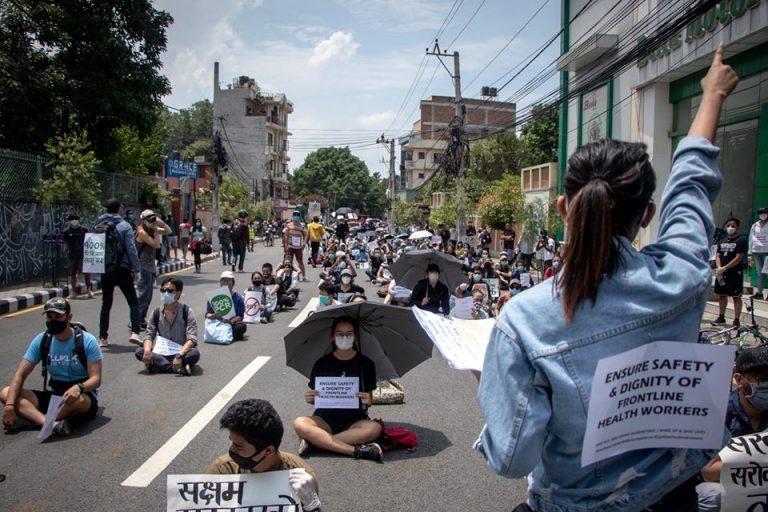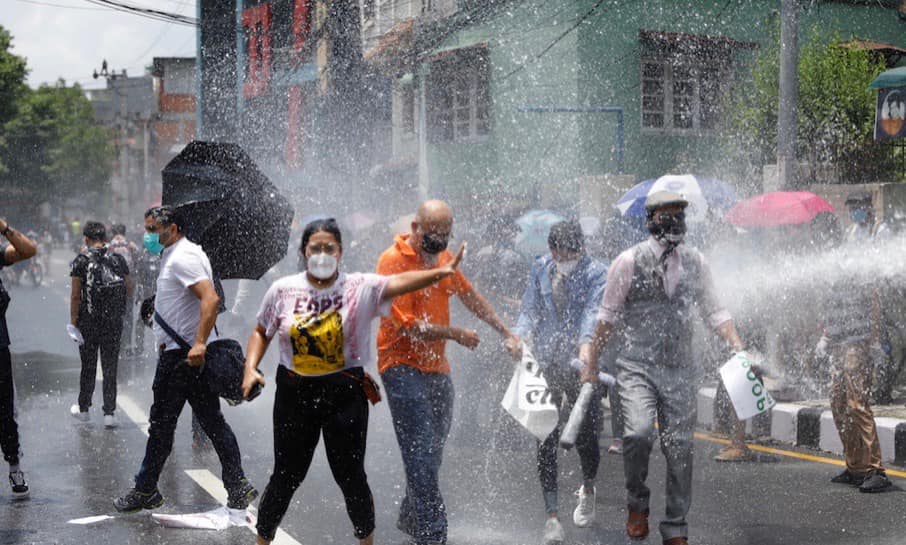
On its 76th day, Nepal’s nation wide lockdown has stretched to one of the world’s longest. While initially received positively by the people of Nepal, by the 10th May, 2020, has been receiving severe criticism. Why? Incompetency.
Since the onset of the lockdown, health care workers, economic experts, social workers, organisations, and media outlets have been asking the government for robust plans. They asked for something that would take Nepal and millions of its people out of the crisis safely – but has been quite the opposite, in fact.
To begin with, the migrant crisis on the southern border was poorly dealt with – hundreds of thousands arriving along Nepal’s southern borders, were, and continue to be kept in ill-managed quarantine centres. Many were forced to flee after seeing the conditions, while the ones who stayed, are at one of the highest risk of contracting the novel corona virus.
Then came the corruption allegations in procurement of health care materials – which involved several senior members of the ruling party. The corruption scandals were further fueled when the Health Minister said NRS 9.87 billion has been spent on prevention and control of coronavirus. Till date, Nepal has purchased five PCR machines, and 25,000 PCR kits – the rest have been donated by other nations, and INGOs.
The government has not also paid heed to the public’s demands to increase PCR testing, and have been continually reliant on using RDT tests towards testing COVID-19.
And lastly, the announcements after announcements of extension of lockdown without proper plans and measures to open the country has the people of Nepal frustrated with its inefficiency.
Yesterday, Nepal’s youth took to the streets and staged protests in the vicinity of the PM’s headquarters – they were dispersed by Nepal Police with the use of force (water canons). A further 10 protesters were also detained.

Several protests in cities across the nation are also being planned in the following days: as it is learned.






